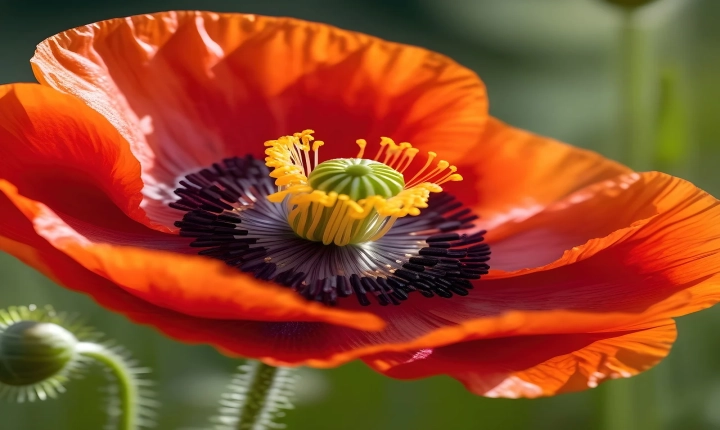AI Beauty Technology: Revolutionizing the Beauty Industry
In recent years, technological advancements have revolutionized the beauty industry, with artificial intelligence (AI) playing a significant role in transforming the way we approach beauty and skincare. AI beauty technology, a groundbreaking innovation, is changing the landscape of the beauty industry by offering personalized, efficient, and effective solutions for consumers.
One of the most remarkable aspects of AI beauty technology is its ability to provide personalized beauty recommendations. By utilizing AI algorithms and machine learning, beauty tech companies can analyze an individual’s skin type, concerns, and preferences to offer tailored product recommendations and beauty regimens. This level of personalization allows consumers to achieve optimal results, as they are provided with products and treatments that are specifically suited to their unique needs.
Furthermore, AI beauty technology has contributed to the development of virtual try-on tools, which enable customers to experiment with different makeup looks and hairstyles before making a purchase. This not only enhances the shopping experience but also helps consumers make more informed decisions about their beauty products. Virtual try-on tools powered by AI can accurately simulate the application of various cosmetics, allowing users to visualize the outcome and select products that best suit their preferences.
Additionally, AI beauty technology has been employed in skincare devices that are designed to analyze the skin and provide personalized skincare routines. These devices, equipped with AI capabilities, can assess skin conditions, identify problem areas, and recommend suitable skincare products and treatments. By leveraging AI technology, consumers can address specific skin concerns and achieve better results in their skincare routines.
The integration of AI beauty technology has also led to the creation of smart beauty devices, such as facial cleansing brushes and anti-aging tools, that are equipped with advanced features to optimize skincare routines. These devices use AI algorithms to adapt to the user’s unique skin needs, providing customized cleansing and treatment protocols for improved efficacy.
Furthermore, AI beauty technology has made significant strides in the field of augmented reality (AR) beauty, enabling consumers to virtually experience beauty products and makeup applications in real-time. AR beauty apps utilize AI to precisely map the user’s facial features and apply virtual makeup, allowing them to experiment with different looks and styles without physically applying any products.
In addition to enhancing the consumer experience, AI beauty technology has also facilitated advancements in the development of smart skincare products. By incorporating AI algorithms, skincare brands can create formulations that adapt to the user’s skin condition and environmental factors, providing a more tailored approach to skincare.
While AI beauty technology has undoubtedly reshaped the beauty industry, it is essential to address potential concerns, such as data privacy and accuracy in personalized recommendations. As beauty tech companies continue to implement AI-driven solutions, it is crucial to prioritize consumer privacy and data security, ensuring that personal information is handled responsibly and transparently.
In conclusion, AI beauty technology has significantly transformed the beauty industry, offering personalized, efficient, and innovative solutions that cater to individual needs. With the continued advancement of AI-driven beauty innovations, consumers can expect further developments in personalized beauty recommendations, virtual try-on experiences, skincare devices, smart beauty products, and augmented reality applications. As AI beauty technology continues to evolve, it will undoubtedly shape the future of the beauty industry, providing consumers with unprecedented levels of customization and efficacy in their beauty and skincare routines.
